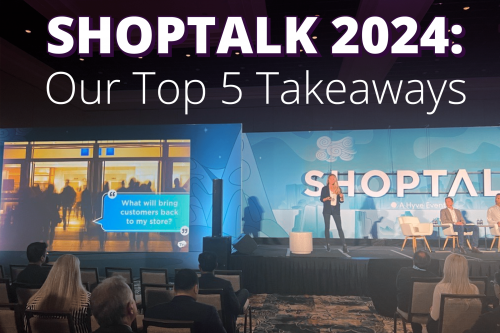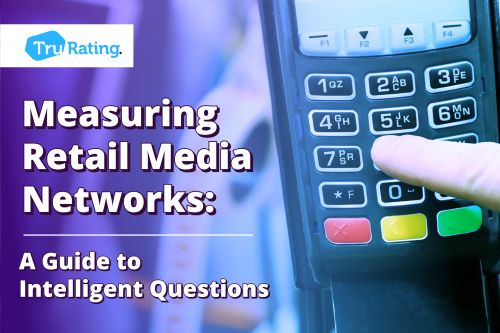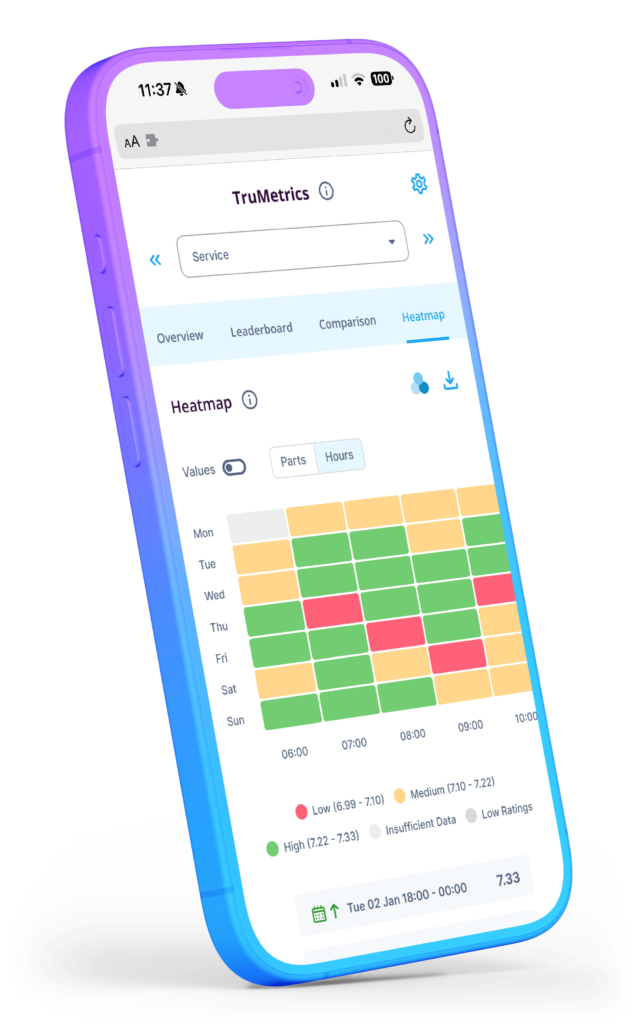This week, The Times of London reported that a staggering one third of all reviews on Trip Advisor, are now thought to be fake. While many in the hospitality industry have been vocal about the ramifications of suspect online reviews for years, the breaking of yet another major story suggests the problem is a growing one.
A New Yorker editorial from earlier this year in May, ‘The Never Ending War on Fake Reviews’, captured the scale of the problem across a variety of industries. Whether it be publishing, retail or falsely hyped restaurants that don’t actually exist, for many thousands of business owners, fake reviews are not just a mere annoyance, but a very real challenge to their livelihoods. And in the absence of any serious regulatory actions, it’s unsurprising that many are struggling to see a solution in sight.
With revelations that increasing numbers of businesses are now desperate enough to actually pay for negative reviews for the competition, it doesn’t feel a stretch to call the issue an epidemic.
A change in the tides?
In September, a land mark case in Italy saw a business owner jailed for 9 months for soliciting fake reviews on Trip Advisor. Though for some, the case may have offered hope that the authorities (at least in Europe) are beginning to take the issue more seriously, for most it would have been little more than a quick note of poetic justice. While this kind of fraud could conceivably become a more clear-cut prosecutable offence were the legislation to be drawn up (which would take time), the majority of those writing fake reviews for a living, simply operate at a scale that just doesn’t allow for large scale criminal charges – think the early days of online piracy and you’re probably not far off.
For many the burden of responsibility sits with those who operate the platforms in the first place. In the online world, tackling fake reviews has become a major part of day-to-day operations. While the Trip Advisors and Amazons of the world do have scanning and tracking systems in place to attempt to identify false reviews, the evidence – as revealed by The Times – is that these just aren’t up to scratch.
Oonagh Butler who famously orchestrated the rise of a fictional restaurant ‘The Shed’ to the #1 ranked restaurant in London, is quoted in the New Yorker piece with regards to his still-skeptical view on ‘the war on fake reviews’, “Put it this way: I’m still not banned from Trip Advisor.” For those vulnerable independent business owners with the most at stake, these are likely not reassuring words.
And even for those larger restaurants or retailers, for whom some negative reviews might not spell quite such catastrophe, there is another problem to consider: how are they supposed to act on feedback to improve their business when they can’t be sure that it’s genuine?
Rethinking the issue…
The vulnerability that the fake reviews system currently exploits is that open source review platforms do not have any way to verify those commenting. It’s possible to shut down a thousand one-star reviews delivered over two hours, but isolated incidents are very hard to track. For some businesses, an answer to the issue has been to take a different approach to how they collect feedback.
Across the retail and hospitality sectors, technology that allows businesses to pair consumer ratings with secure payments, are starting to arrive at mass market for the first time. By enabling businesses to ask consumers a simple feedback question at the point-of-sale, this technology avoids the critical issue of open-source platforms e.g. anyone can rate – because only genuine paying customers are offered the chance to leave feedback.
If businesses could provide a simple mechanism for collecting feedback at the moment of payment, without interrupting their customer journeys, the likelihood of collecting a large volume, that genuinely represents the voice of real customers, is dramatically increased. To ‘game’ such a system, at the very least, becomes a highly expensive and impractical affair. For consumers there is little or no tangible reason to offer false opinion, and while the odd ‘unreliable’ view may sneak through, the comparative benefits to today’s online Wild West, offers a huge improvement.
Perhaps there’s more to the story yet.
To learn more about TruRating’s innovative point-of-payment feedback technology visit our website or email us at [email protected] and a member of TeamTru will be in touch.















